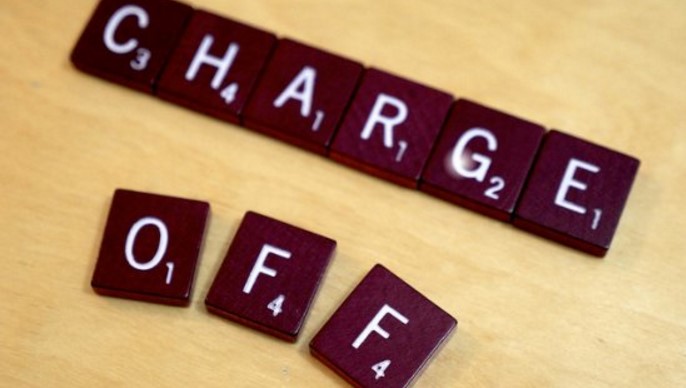Hi Lisa, What a great service you provide!! I have gotten a lot of information from reading it. I recently went in to finance a car knowing full well my credit score is not ideal. I have a lot of good in my credit history, like paying off a car on time and in full. But, I had a time where I was in and out of moving/unemployment and financial hardship so I have multiple Charge-off’s on my credit report. The financial consultant at the dealership said to file a dispute at my local civic center.
The creditor has 30 days to reply and if not the charge-off will be removed from my report. Is this accurate? I know you said that “poking the bear” comes with risks of showing up as more recent and may lower my score. Is it worth the risk? I also tried applying for a secured CC and was denied, which is extremely disappointing since I heard that is rare. My score is around 535 and I really want to bring it up and live without this burden all the time. Should I file disputes for each of my charge-offs? Seek legal advice? Thank you for you time.
It’s true. A dispute that is not verified within 30 days must be deleted. Once you submit a dispute to the credit reporting agencies, they ask the source of the disputed information to verify whether there is a change or update that should be made or whether the item should be removed from the credit report. If no errors are found, the item remains unchanged.
If the credit reporting agencies do not receive a response within 30 days, they’ll delete the information. Whether the information stays the same, is updated or deleted, the credit reporting agency will send you the results.
The potential negative impact of disputing a charge-off and it being verified instead of deleted is temporary. If your scores decrease due to verified disputes, after a few months they should recover.
Because charge-offs are practically the worst negative you could have on your credit reports, the risk of disputing would be worth it in my opinion. But you have to map out a game plan and really review the charge-offs before submitting a dispute.
Multiple charge-offs are just one aspect of your current credit score. You may benefit from having positive tradelines currently being reported each month to get a boost in the payment history factor of your credit scores.
Payment history accounts for (35 percent) of your credit score. That’s a big chunk. Having a recent (2 years) positive payment history will help improve credit scores.
Here are some points to consider:
- The newer a charge-off, the more it’s hurting your credit score. The older a charge-off (5-7 years old), the less negative impact it has on your credit scores.
- Make sure that any charge-off that has been sold or transferred to a collection agency has a zero balance. You don’t want a sold or transferred charge-off to reflect a balance because it counts towards your credit utilization.
- It’s good that you have positive information reporting. But for that positive information to help your scores it must be current.
- If you currently have credit cards, make sure the balances are 10% of the available credit limit. For example, a $1000 limit credit card should have no more than $100 account balance reporting to the credit bureaus.
- If you currently have no credit cards get at least 2 secured cards reporting and keep those balances low (10%). You may benefit from a No Credit Check Secured Visa Card. With the OpenSky Visa you only need an income and deposit to qualify. Credit limits are determined by your FDIC-Insured deposit from $200 to $3000.
- Consider adding an installment loan to your credit files if you don’t currently have any. A credit builder loan is a good option if you don’t want to put the money upfront for a secured loan. Self-Lender offers consumers a chance to rebuild without requiring money upfront. You make monthly payments on a loan amount of $550, $1100 or $2200 deposited in an FDIC-Insured Certificate of Deposit. Loan terms can be from 12 to 24 months. Each monthly payment is reported to the three major credit bureaus. At the end of the loan term you get the money, with interest. For example: Over the term of a $550 loan, you’ll pay $48.50 per month at an interest rate of 10.57%. The money is deposited in a CD, where it earns 0.17% interest. That’s a total of $31.36 you’ll pay in interest. While you won’t earn much interest over the period of the loan, your credit scores will benefit from having an installment loan report monthly payments.
















